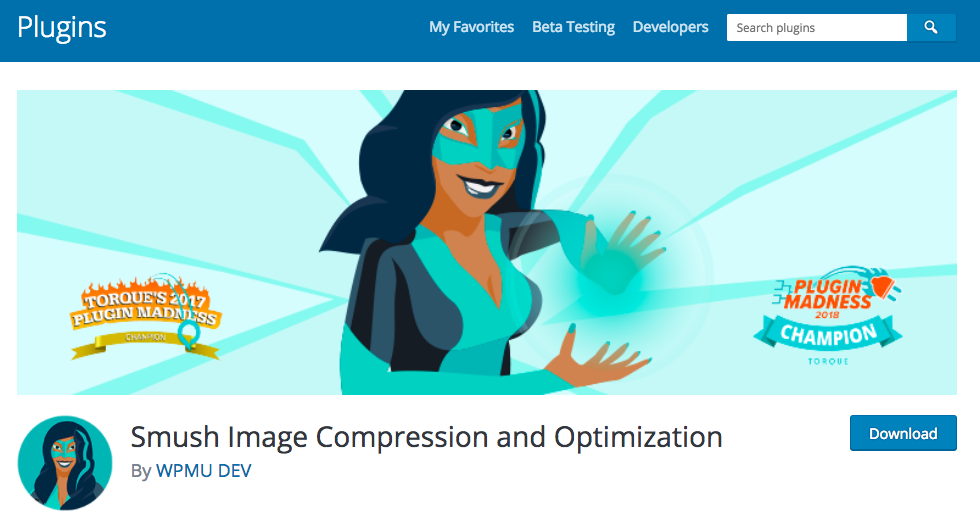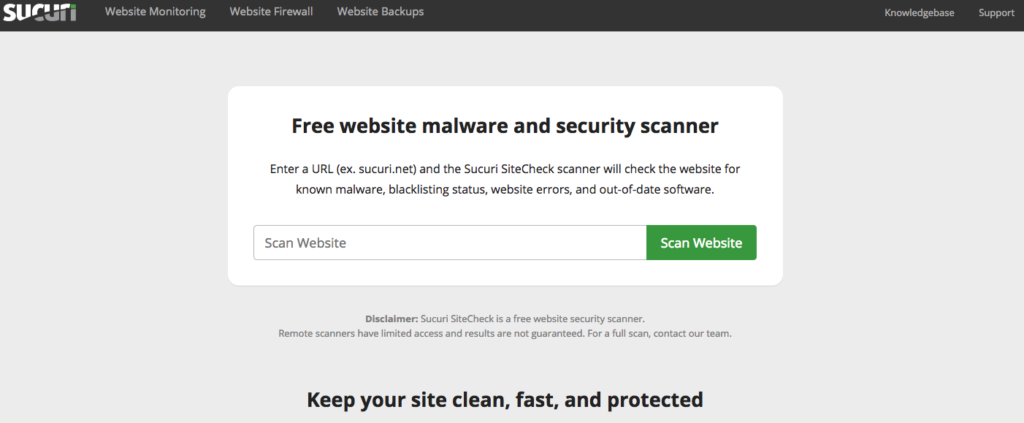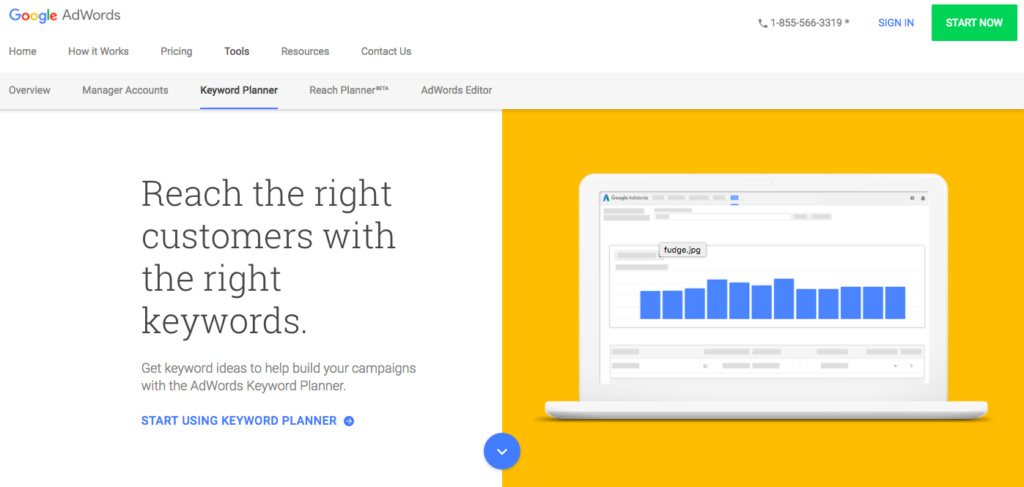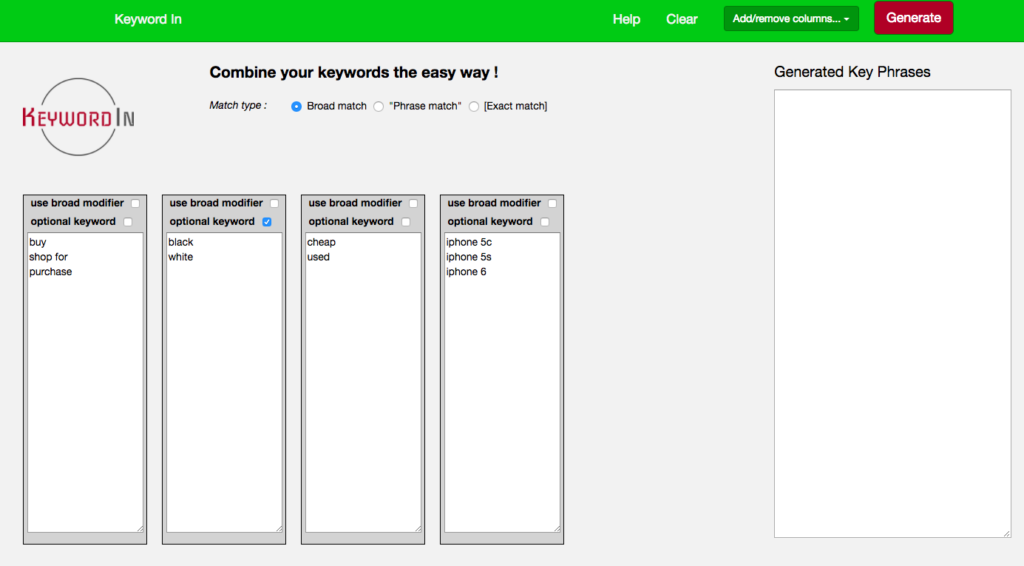
17 Key Things for Improving SEO for a Small Business
Any small business’ marketing strategy should be to effectively position in search engines. If you own a small business, the question is – should you hire an agency that offers affordable SEO for small business or should you learn the basics of SEO for small business and do it all by yourself?

17 SEO Tips for Small Business
There’s a lot that small businesses can do regarding search engine optimization, even without a big budget or vast knowledge in SEO. Here are 17 tips to help you slay SEO for small business.
1. Build an optimized website
The two crucial things when it comes to website optimization are fast loading speed and mobile-friendliness.
A website that loads slowly will make visitors leave and never come back. There is a number of plugins that can help you optimize for fast loading speed, such as WP Smush and W3 Total Cache if you’re on WordPress.
There’s no need to emphasize the importance of having a mobile-friendly website. Users today do everything on their mobiles, from reading the news to shopping online. Not having a site optimized for mobile is as if your site doesn’t exist. There are also plugins to help you develop a mobile site easily and without spending too much money.

2. Optimize the info on your website
To make sure you rank high in search results, you need to optimize the information on your website.
- The domain name should reflect your business and location. For instance, the Brennan’s restaurant has a domain name ‘brennansneworleans.com’;
- Use a clear URL structure that will enable visitors to guess the page topic easily;
- Every page should have a unique title, ideally of about 55 characters, in order to make the topic clear for both search engine bots and real-life users. Don’t forget to add the keywords.
- The information about your small business’ name, phone number, and address should appear not only on the homepage but on each page on your site.
3. Make use of Google My Business and Google Maps
Here is a something you can do without paying a dime – set up a Google My Business account. In addition, if your business is local, with a physical address and offline consumers, claim your address on Google Maps. These free-of-charge SEO for small business tactics will enable you to appear in local searches. Just make sure the information you provide is detailed and accurate.
4. Use Google Search Console & Google Analytics
Google Console is a free tool that offers information about how your site is performing on Google search. It will detect any issues you need to solve in order to keep your website Google-friendly and mobile-friendly. In addition, Google Console will help you find the relevant keywords for your business.
The analysis that Google Analytics provides can help you find out what your visitors search for on-site. You can then use this data to improve your SEO for small business strategy. For instance, you may find out what keywords visitors use on your website and use those you’re currently not targeting.
Moreover, the data can help you distinguish the type of language and vocabulary your customers use, which can serve as a guideline when creating content.
5. Solve Security Issues
As we all know, security is crucial for real-life users. But Google also ‘rewards’ safe websites with better rankings. Free tools like Sucuri, Quttera, and Detectify will go through your website and inform you of any security issues that need to be solved.


6. Conduct a thorough keyword research
When searching for keywords to rank for, the point is to find ones that your main competitors aren’t targeting. Bear in mind that your competitors have been online for a longer time and are more established.
Use free keyword research tools such as Google Keyword Planner, Soovle, or Keyword In to find the best keyword for your business.


7. Figure out who your audience is
To find a keyword that will get you the best ranking on search engines, first you need to identify your target audience. Who are they? What do they search for online? What kind of problems do they have they your business can solve? What kind of content do they want?
Once you understand who your potential real-life consumers are, you can start developing a strategy to attract their attention. Whatever you do, don’t experiment with random types of content published on random media channels.
For example, if your audience is teenagers, they’re most likely very active on social networks like Snapchat and Instagram, so that’s where you should focus on publishing your content. This audience consumes content based on videos and images rather than text, so that’s the type of content you should produce and publish.
8. Start creating content
Create content everywhere around your site, starting with the homepage and continuing with the product pages. Set up a blog section and start publishing blogs on a regular basis. Consistency is very important; however, you don’t have to post articles every day, just make sure to keep a regular pace.
Blogs are great because they give you a chance to talk about your products/services and offer solutions to the problems your customers may have.
Having a blog is a great way to build a human audience but also to offer fresh content for the search engine crawlers – the more often you post new content, the more often the crawlers come to your site and index it, which increases your chances for a higher ranking.
9. Using keywords in the content
The keywords you’ve selected need to be included in the content you create. The catch is to make the keywords sound natural. Make sure your selected keywords are not too long and complicated because they’ll make your content difficult to read and understand.
Another important rule is not to overstuff the content with keywords and make your copy sound awkward. Always keep in mind that real humans are the ones that read your content and you don’t want to chase them away!
10. What type of content works best?
We’ve already mentioned that the content you create is directly dependent on your target audience. However, there are types of written content that work with almost all target groups. The term ‘evergreen content’ refers to content that is always relevant and, in consequence, is more likely to appear in searches over a longer period of time.
List articles are also very popular among readers. The best proof of this are sites like BuzzFeed that often post lists. Considering that the average attention span of an average internet user is only 8 seconds, it’s not hard to understand why this kind of articles are so popular. They allow lots of information to be broken down into small portions which are easy to scan through. This way, the reader is not overwhelmed and can choose to read the information that is most relevant to them.

11. Engaging and original
When it comes to content, the rule of thumb is that it must be well-written. If you’re using your SEO for small business the right way, users will come to your site. Engaging, informative content is what will make them stay.
There is no agency or SEO expert in the world that knows your business or your consumers better than you. This is your biggest advantage and you should make good use of it. Serve your customers the content you know they want, always making sure it’s unique and original, tailored to their needs.
12. Add images
Popular websites prove that images are a great way to grab and keep customers’ attention. This is especially important in the case of longer articles. The more images you use, the better. However, make sure the images are relevant to the subject in the content. Optimize the images as well – the image ALT is a great place to add your keyword.
13. Keep in touch with your customers via social media
Keep in touch with your customers at all times – answer all their questions, say thanks for their likes & shares, comment back…in other words, give feedback to everyone. It’s the best way to show that you appreciate your customers and to build a strong & loyal community of users.
Other ideas for engagement include highlighting stories, giveaways, and promotions. Customer engagement will not only drive conversions, but will also improve your SEO visibility.
14. Encourage reviews
Encourage customers to rate or leave a review if they’re satisfied with your services. Authentic user reviews, whether positive or negative, are a great way to build visibility on search engines for free.
Make sure to thank those who leave a positive review and invite them to use your product/service again. If the review is negative, make yourself available to solve the customer’s issues.
Whatever you do, don’t post false reviews. If search engine bots discover this, you can get penalized with decreased rankings or disappear from search engines altogether.
15. Keep up with SEO updates
If you decide to do your own SEO for small business, make sure keep up with all the news and novelties. When it comes to SEO for small business, things change quite frequently. Many things that were usual can become prohibited on Google over time. The problem is, Google almost never informs or warns about such changes directly. That’s why it is wise to follow SEO news and experts like Neil Patel to stay informed.

16. Have a link strategy
Links from related sites to your website and vice versa are very important for your rankings. They also help you establish your business as credible and authentic. Here are a few simple link building strategies you can use:
- Link to your site on social media channels and encourage users to do the same;
- Send regular updates and email newsletters to your customers which include links to your site;
- Link only to websites that are relevant to your business;
- Avoid paying for links or spamming your domain name in blog comments or forums because you can get banned from search engines;
17. Hiring an agency that to handle SEO
Many agencies offer affordable SEO services for small business. But if you do decide to hire one, be very careful. If an agency promises you’ll rank on page one on Google in a month, this is a bad sign. They’re either lying or using black hat SEO techniques to achieve this. You will end up banned from search engines with a probability never to be re-indexed again.
Keep an eye on the agency you’re using – know exactly what their affordable SEO services for small business include and be clear that you won’t tolerate the use of any prohibited techniques.

